The evolutionary perspective that Charles Darwin generated over a century ago continues to refocus, reframe, and reconstruct our views of everything from God to humanity, history to biology. Perusing the latest controversies, I began to think about the impact of evolutionary thought on restorative justice.
From an evolutionary perspective theologians can no longer easily speak of original righteousness and original sin. There could not have been a “perfect beginning” and a fall from that state of perfection. Darwin’s views put the whole project of atonement and the usual understanding of the work of Jesus Christ into question. That is, there is no “original position” to which we can or should return. This is as true for theology as for the social contract theories of Locke and Rousseau or, more recently, John Rawls, whose theory of justice was built around a “fictional” original position.
Now, I wonder, what about the assumptions of “original position” built in to the concept of restorative justice? We have all recognized (I think!) that efforts at restoring people and property, as in the case of murder, for instance, cannot “restore” everything that was. And we recognize that the practices of circles and mediation may not reach a real common ground of reconciliation. Neither human beings, nor earth, nor even artifacts, can be put back “exactly as they were.”
The task of “restoration” therefore has to focus on making possible a peaceful future for the participants who have been harmed or have harmed others. This perspective squeezes out the last residues of retribution from the process of restoration, since we move our focus from the costs to be imposed on the wrongdoer for restoring things, but to what the wrongdoer – and the injured – have to do to make a rightful path into the future. In evolutionary theory, what changes need to occur in the participants and the environment to bring forth a more flourishing order of things?
In one sense, this is a more arduous task, one requiring much more imagination. That is one reason, I think, why John Paul Lederach’s recent work on conflict transformation is entitled The Moral Imagination. In that sense “restoration” becomes the task of “creation” itself. It is like the shift from warfare to nation-building, from military victory to policing. I would like to explore this line more. Please let me know your thoughts.

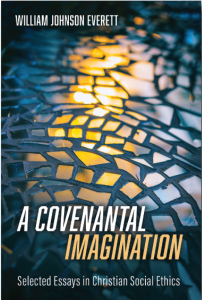
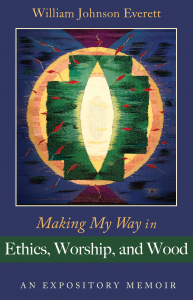

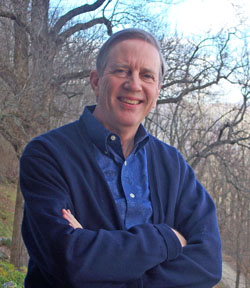
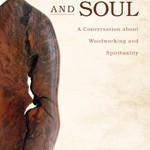
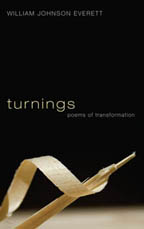
 Red Clay, Blood River
Red Clay, Blood River
Thanks, John. Indeed, the reconstruction of theology along evolutionary lines still requires that we go back to Chardin’s pioneering work, which has greatly influenced me, along with Process Theology. I think we confront the challenge of reconstructing Christianity’s “grand narrative,” as you put it in your book Reconciliation: Restoring Justice (Fortress 2002). The daunting challenge is not only to put reconciliation into a framework that does not depend on a literal “fall” but expands it to a reconciliation of all of creation with God (what we might call “ecological reconciliation”). It’s at that mind-puzzling point that I am trying to reconstruct justice-making (and reconciliation) in terms of some approach to the idea of evolutionary creation and re-creation. Hey, you have a running start at this. What do you think?
Bill, I like what you wrote about evolution and restorated justice and think you should develop that more. On another issue you raise, namely original righteousness and original sin, yes, clearly one cannot think about such terms in the way that they have most often been understood. But they can be understood in relation to the evolutionary development of moral judgment, consciousness etc. Would be interesting, for example, to revisit Teilhard de Chardin on such matters.